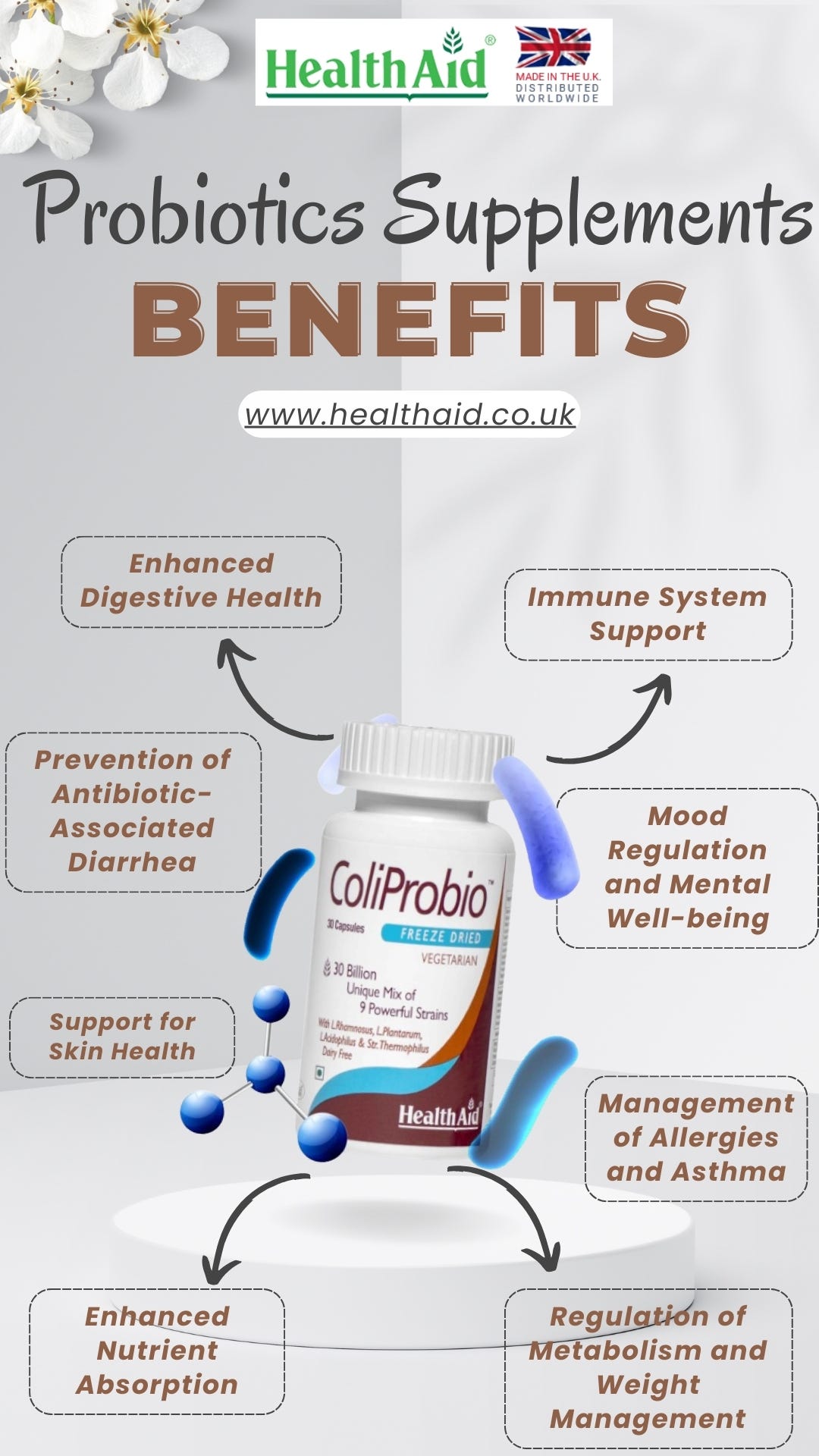How Do I Choose the Right Strain of Probiotics for My Needs?
The Benefits and Considerations of Probiotics Supplements
Probiotics, often referred to as "good" or "friendly" bacteria, have garnered significant attention for their potential health benefits. These live microorganisms, when consumed in adequate amounts, are believed to offer a range of health benefits, particularly concerning digestive and immune system health. As more people seek to improve their overall well-being, the market for probiotic supplements has expanded rapidly. This article explores the science behind probiotics, their potential health benefits, considerations for use, and how to choose the right supplement.
Understanding Probiotics
Probiotics are live bacteria and yeasts that are beneficial to human health, especially the digestive system. They are naturally found in the body, primarily in the gut, and can also be found in some foods and supplements. The most common types of probiotics belong to groups called Lactobacillus and Bifidobacterium, although there are many other types as well.
These microorganisms play a crucial role in maintaining a balanced gut microbiome, which is essential for various bodily functions. The gut microbiome consists of trillions of bacteria, viruses, and fungi, and a balanced microbiome is key to good health. Disruptions to this balance, often caused by factors like poor diet, stress, or antibiotic use, can lead to health problems.
Health Benefits of Probiotics Supplements
Digestive Health: One of the most well-researched benefits of probiotics is their positive effect on digestive health. Probiotics can help manage and prevent digestive issues such as diarrhea, constipation, and irritable bowel syndrome (IBS). They work by restoring the natural balance of gut bacteria, which can be disrupted by illness, medication, or diet.
Immune System Support: Probiotics are known to enhance immune function. A significant portion of the immune system is located in the gut, and maintaining a healthy gut microbiome can help boost the body's natural defenses against pathogens.
Mental Health: Emerging research suggests a link between gut health and mental well-being, often referred to as the gut-brain axis. Probiotics may help reduce symptoms of anxiety, depression, and other mental health conditions by influencing this connection.
Skin Health: It might also benefit skin health. Certain strains can help manage conditions like acne, eczema, and rosacea by modulating the body's inflammatory response and supporting the skin barrier function.
Allergies and Eczema: Some studies indicate that probiotics can help reduce the severity of allergies and eczema, especially in children. By influencing the immune system, It may help manage the body's reaction to allergens.
Weight Management: There is evidence to suggest that probiotics can aid in weight management. Some strains of probiotics may help prevent the absorption of dietary fat, increase the feeling of fullness, and reduce body weight and belly fat.
Considerations When Taking Probiotic Supplements
Strain Specificity: Not all probiotics are the same. Different strains of bacteria have different effects on the body. For example, Lactobacillus rhamnosus GG is known for its ability to reduce diarrhea, while Bifidobacterium longum can help with constipation. It is essential to choose a probiotic supplement that contains the specific strains known to address your particular health concerns.
Dosage: The effectiveness of a probiotic supplement depends on the dosage, typically measured in colony-forming units (CFUs). While some conditions may benefit from higher doses, others might require lower amounts. It is crucial to follow the dosage instructions provided on the supplement label or as recommended by a healthcare professional.
Quality and Shelf Stability: Probiotics are live organisms, and their effectiveness depends on their viability. Look for supplements that guarantee the number of live bacteria at the time of consumption, not just at the time of manufacture. Proper storage, often in a cool, dry place or refrigerator, is also necessary to maintain their potency.
Prebiotics: Prebiotics are non-digestible fibers that serve as food for probiotics, promoting their growth and activity in the gut. Some probiotic supplements include prebiotics (called synbiotics) to enhance their effectiveness. Including prebiotic-rich foods in your diet, such as garlic, onions, and bananas, can also support the growth of beneficial bacteria.
Potential Side Effects: While probiotics are generally safe for most people, they can cause mild side effects such as gas, bloating, and digestive discomfort, particularly when first starting a supplement. These symptoms usually subside as your body adjusts. However, individuals with compromised immune systems or severe illnesses should consult a healthcare professional before taking probiotics.
Regulation and Certification: The regulation of probiotic supplements varies by country. In some regions, these products are regulated as dietary supplements, which means they are not subject to the same rigorous testing as pharmaceutical drugs. Look for products that have been third-party tested for quality and purity to ensure you are getting a reliable supplement.
Choosing the Right Probiotic Supplement
When selecting a probiotic supplement, consider the following factors to ensure you choose a product that meets your needs:
Identify Your Health Goals: Determine what you want to achieve by taking a probiotic supplement. Whether it's improving digestive health, boosting immunity, or managing a specific condition, identifying your health goals will help you choose the right strains and dosage.
Research the Strains: Look for scientific evidence supporting the efficacy of the strains included in the supplement. Some probiotics have been extensively studied and have well-documented benefits, while others may have less evidence backing their use.
Check the CFU Count: Ensure the supplement contains an adequate number of CFUs to be effective. While higher CFU counts are not always better, it's essential to choose a product with a sufficient dose for your specific health concern.
Read Reviews and Testimonials: Customer reviews and testimonials can provide insights into the effectiveness and quality of a probiotic supplement. Look for feedback from individuals with similar health goals and concerns.
Consult a Healthcare Professional: Before starting any new supplement, it's always a good idea to consult a healthcare professional, especially if you have underlying health conditions or are taking other medications.
Probiotic supplements offer a promising way to support overall health, particularly concerning digestive and immune system functions. While the benefits of probiotics are well-documented, it's important to choose the right supplement for your needs, considering factors such as strain specificity, dosage, quality, and potential side effects. By doing so, you can enhance your well-being and maintain a balanced and healthy gut microbiome. Always consult with a healthcare professional before starting any new supplement regimen to ensure it aligns with your health goals and needs.





